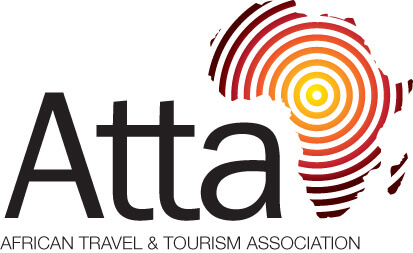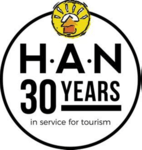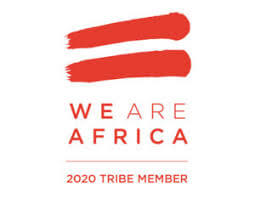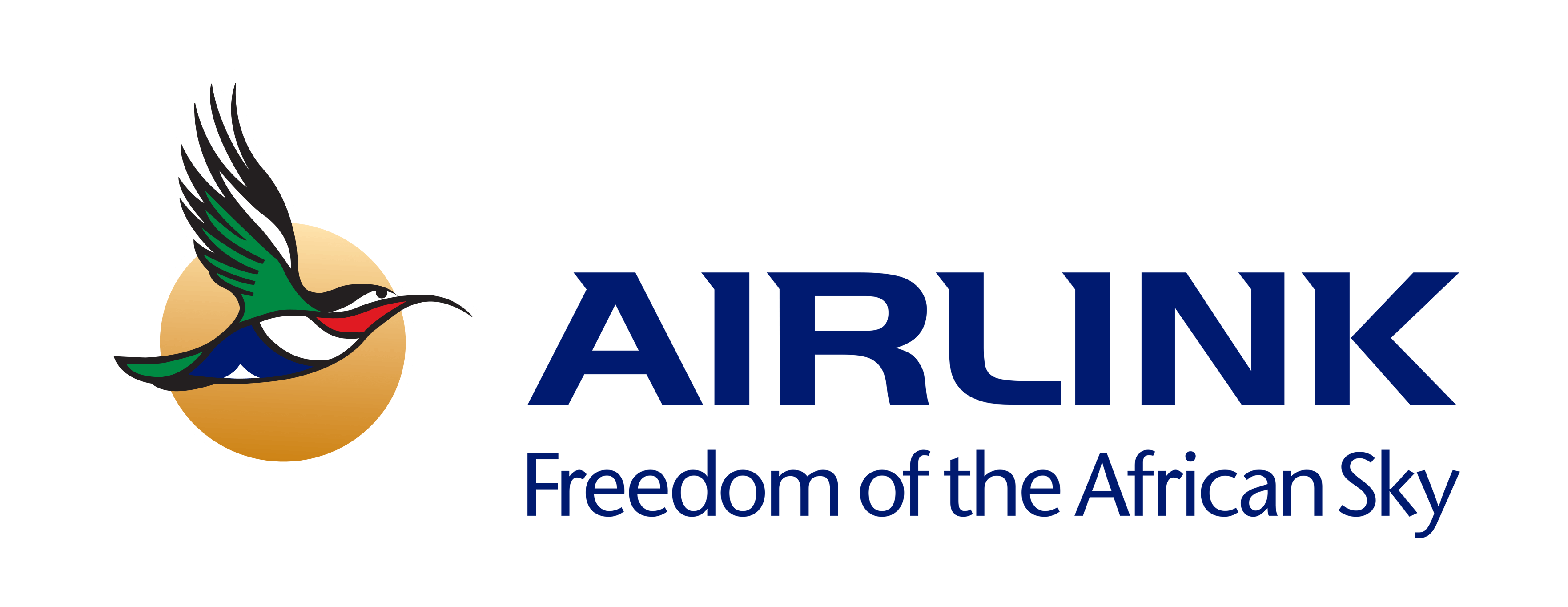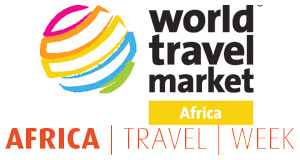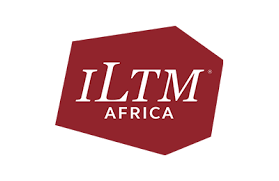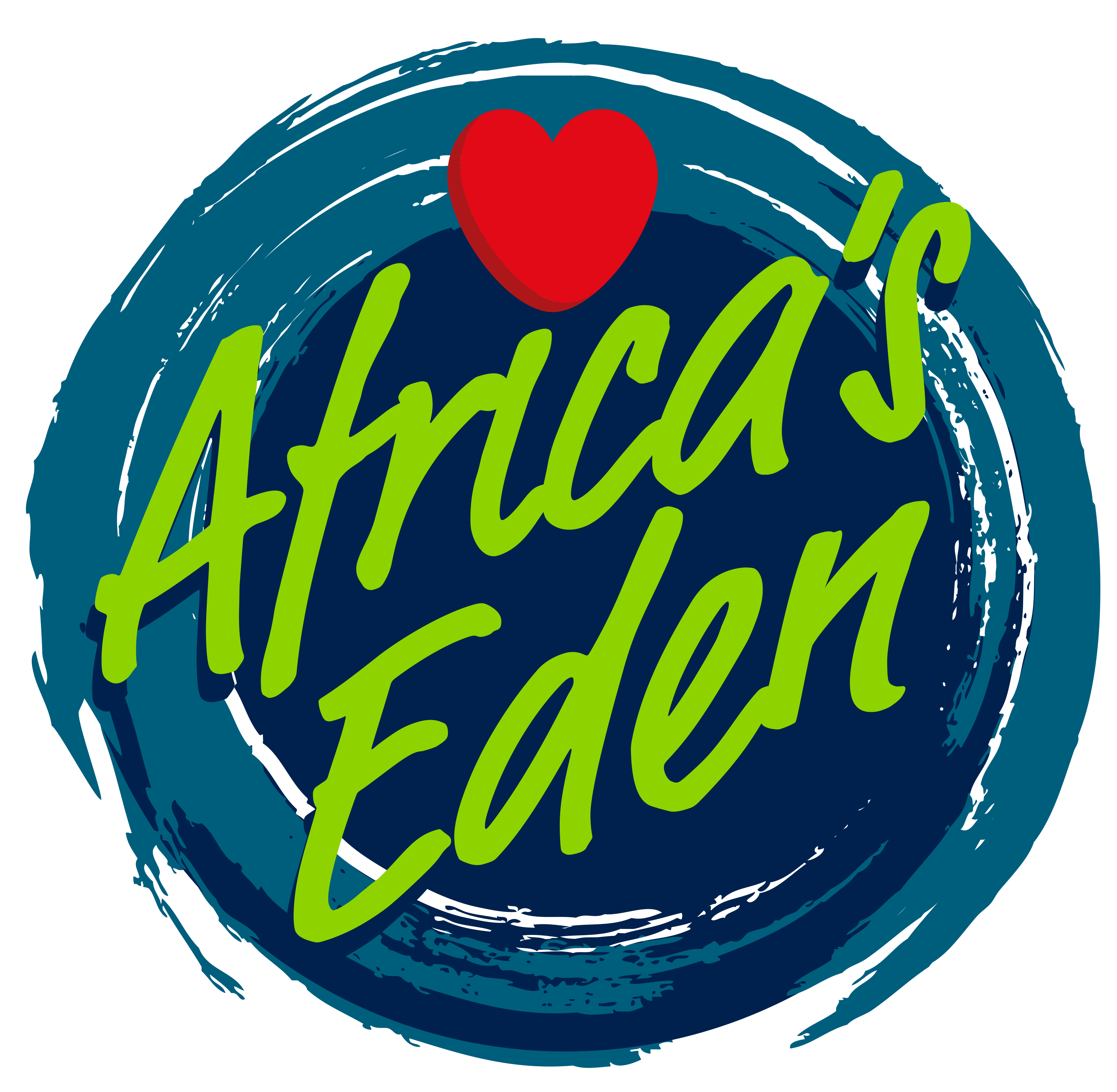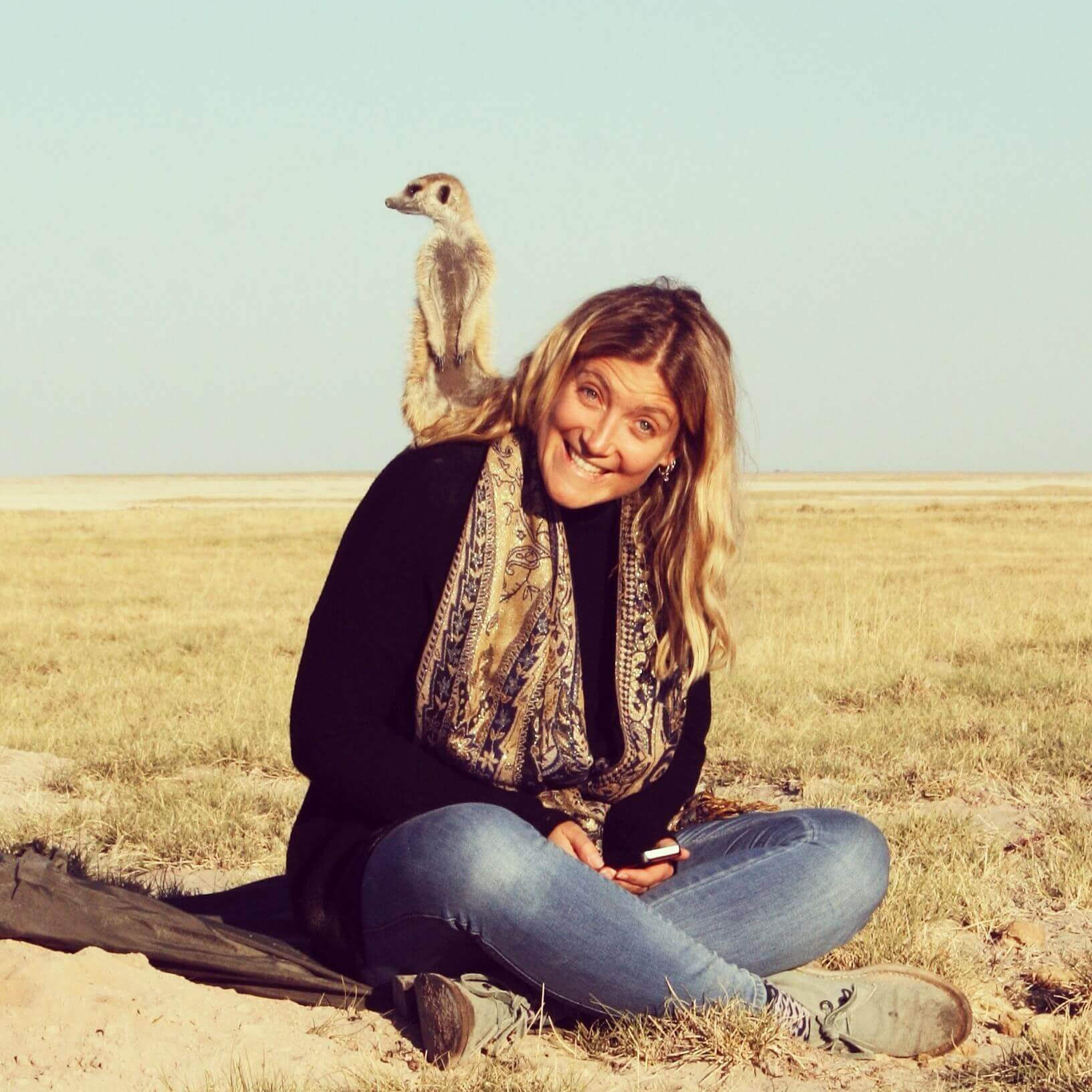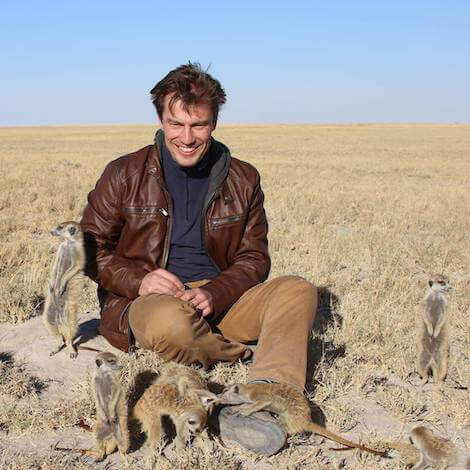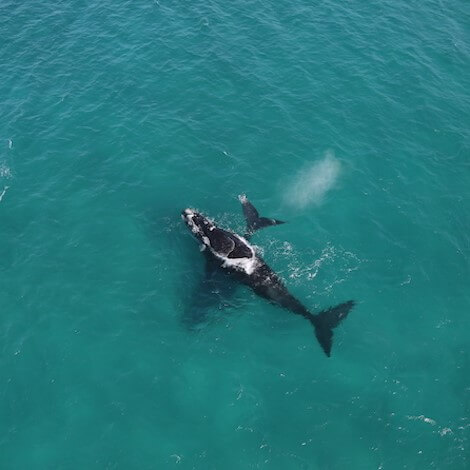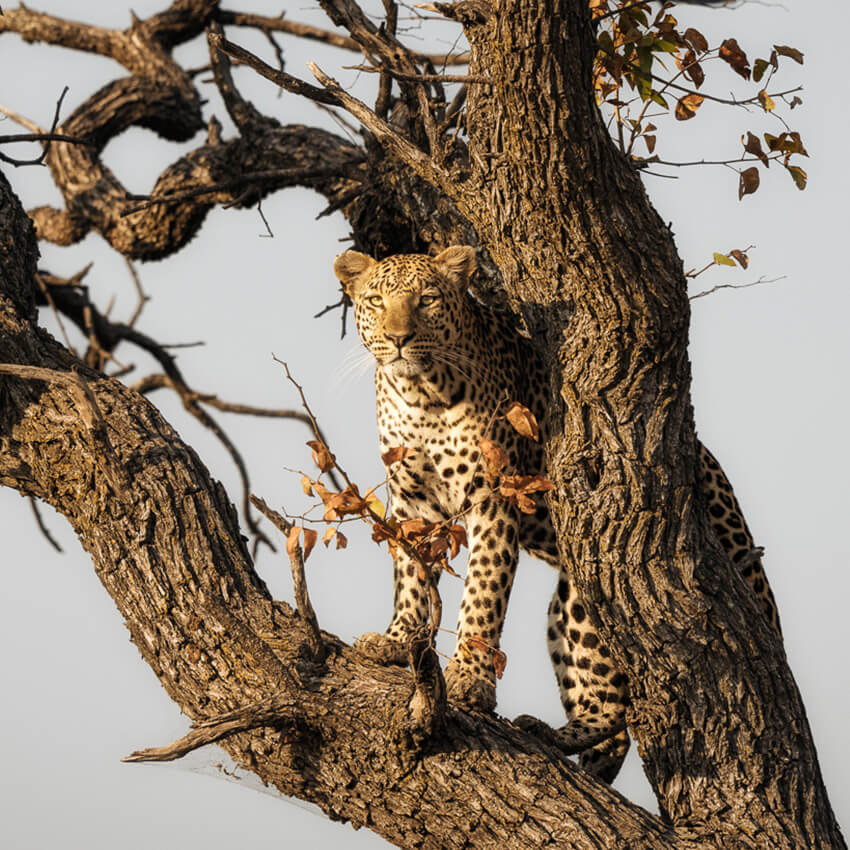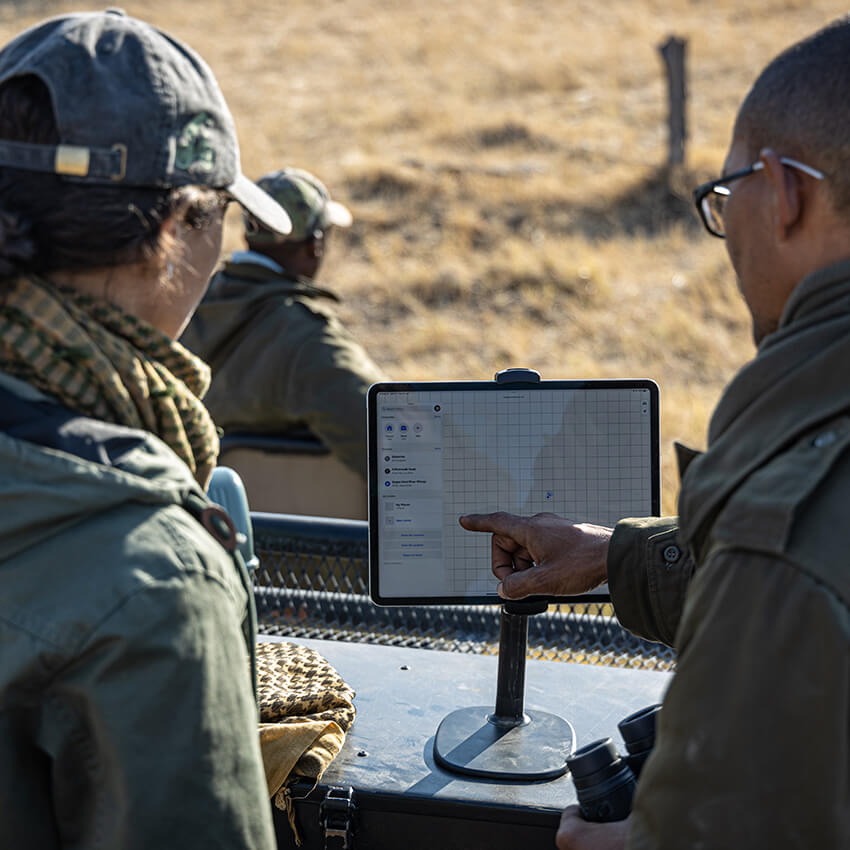Botswana
- A Spot of Romance: Botswana Honeymoon Safari
- A Wellness Safari with Robyn Sheldon
- Botswana Conservation Safari
- Botswana Horse Safari on the Makgadikgadi Salt Pans
- Guided Botswana Cycling Safari
- My First Botswana Safari
- Sama Mobile Camp
- Uncharted Expeditions Botswana Mobile Camping Safari
- Walk of Ancient Wisdom
Meet Our Characters: Mpaphi Dikaelo
 Scott Ramsay
Scott Ramsay
 August 29, 2020
August 29, 2020
As the fish eagle flies, it’s just ten kilometres from Meno a Kwena lodge to Moreomaoto Village. It’s not a long drive, but it’s taking us a while.
Here in this neighborhood of northern Botswana, there are plenty of locals, and Mpaphi Dikaelo seems to know all of them.
Mpaphi is my guide, and he’s driving me from the lodge so I can see his home in the village, where several hundred people live alongside the huge 4 900 square kilometer Makgadikgadi Pans National Park.
We slow down a few times to let cattle and goats cross the road. Two shepherds on horses gallop up to the car, greeting Mpaphi in Setswana.
A bit further along, we see some more locals – bull elephants on their way down to the Boteti River to drink. We stop to have a look at them.
“Those guys are often around here,” he says. “I’ve seen them before a few times.”
Soon a vehicle behind us starts hooting. It’s one of Mpaphi’s friends, and so we jump out the car and there’s an impromptu catch-up on the side of the road.
Mpaphi and his friend chat away as anvils of cumulonimbus hang above us in blazing summer skies of the Kalahari. Huge camelthorn trees line the long straight road that connects Maun in the north to Serowe in the south.
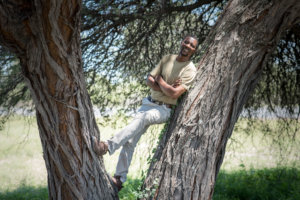
Meno a Kwena – Makgadikgadi – Botswana
We carry on driving, and Mpaphi’s cell phone starts ringing. It’s his wife Betty. “Wants to know why we’re taking so long,” he laughs. “We better get going.”
But every few hundred metres, there’s someone else to stop and talk to.
In between, I ask Mpaphi what it’s like to live in an ancient land, where modern humans have been living for the past 200 000 years, and stone tools lie all over the ground. Of course, modern technology is embraced and the preferred tool is now the cell phone.
“I’m blessed, because this feels like real home to me,” he tells me. “This is my ancestors land. All their spirits are here, all the memories of them.”
“I love my work at Meno a Kwena, because I can talk to my living family and I can also chat to my ancestors every day. I can talk to all of them. This is heaven to me.”
Mpaphi is now 40 and was born in Makalamabedi village, thirty kilometres away. His father was Nyanja from Zambia and his mother was Kalanga from the south of Botswana.
“They came from different areas of Africa, but that doesn’t matter. We are all Batswana now.”
He was raised in Mopipi, just an hour’s drive south of his current home in Moreomaoto.
“I’m a real local,” he laughs.
When he was young boy, he’d walk 15 kilometres every day with his friends to school from his father’s cattle post, and then back home again in the afternoon.
“It sounds tough,” he says, “but actually it was lots of fun at times. There were eight of us, and we’re all still friends today.”
Mpaphi remembers the huge herds of wildebeest and zebra that used to migrate from the central Kalahari to come drink at the Boteti River that runs south-east through this part of Botswana.
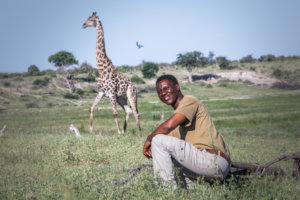
Meno a Kwena – Makgadikgadi – Botswana
The migration in Botswana rivalled today’s Serengeti herds, before veterinary fences were erected and thousands of animals died. Today the migration is slowly making a comeback, but the herds are still much diminished.
“In 1985 when I was at primary school, there were still lots of wildebeest. Sometimes we’d ride our donkeys to school, and we’d come across thousands of them. The herds used to part for us, then close again around us.”
His father and grandfather were both dingaka tsa setso – traditional doctors. And his mother’s father was an expert at reading the night skies.
“When you live here, it’s important to know how to read the stars, the sky and the land,” Mpaphi said. “Before I started reading any books, I knew these things.”
“They taught me how to read a lion track, to pick up the sand and smell it, to know which lion it was, what it was doing. But animal tracking is just a small part of it.”
Mpaphi’s elders also taught him about the importance of relationships, and not only with people.
“My father and grandfathers knew so much but the first thing they taught me was to be a responsible man, to be a family man. Responsible not only for my family but for the land and the animals.”
“Those elephants we saw earlier, they also have families. They’ve been here longer than we have. Animals have their ancestors too. The spirits of their ancestors live with our ancestors.”
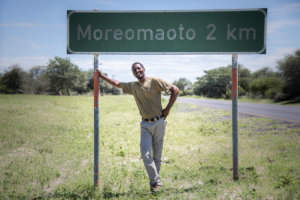
Meno a Kwena – Makgadikgadi – Botswana
“It’s the same with these camelthorn trees. If we cut a tree down to make a fire, we have to learn about it first, understand it. We have to ask permission to cut it down.”
In Mpaphi’s lifetime, Botswana has changed dramatically, and its wildlife now competes with more and more cattle and people for a share of the land, grazing and water.
Although the country is famous for its wildlife, and elephant numbers have increased, most species have seen a general decline in numbers, as fences, roads and cattle posts limit options for the movement of wild animals.
Yet tourism has continued to flourish, and now ranks as the second-biggest earner of foreign exchange after diamonds and mining. Botswana is an African success story, and wildlife has helped make the economy one of the fastest growing on the continent, with one of the strongest currencies.
Mpaphi knows what’s at stake if the country’s wildlife doesn’t flourish.
“Tourists are so important to us. Before I became a guide, life was very hard,” he said.
“I had no job. Then Jennifer Lalley from Natural Selection saw my potential. I didn’t always believe I had something to offer, but Jennifer saw that I did. That motivated me and now I feel like I’m part of the family.”
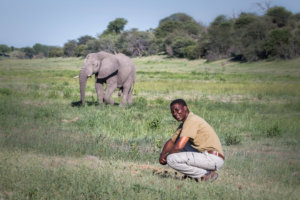
Meno a Kwena – Makgadikgadi – Botswana
Mpaphi received his guiding license in 2014, and since then has led the team of guides at Meno a Kwena. His deep knowledge of the area, its people and its animals has proven invaluable.
“This lodge, the guests and these animals have given me lots to smile about.”
Mpaphi is a role model for others in a community of a few hundred people, where Meno a Kwena is the sole employer. Each employee supports an average of ten people.
Mpaphi supports his wife Betty, and their five children, as well as six other children who he has adopted.
“Because of tourism, because of wildlife, eleven children have a chance to go somewhere in life,” he says.
Mpaphi also started the Moreomaoto Youth Conservation Society, a group of young adults who meet up every month to discuss environmental issues, and to listen to talks from wildlife researchers.
“We encourage them to become guides, to become wildlife researchers, to work for government in conservation.”
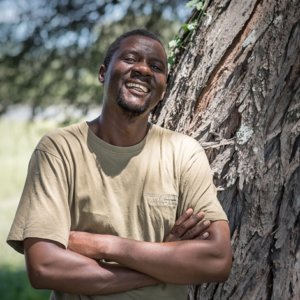
Meno a Kwena – Makgadikgadi – Botswana
“We need to improve the livelihoods of my community. If they can take care of their own land, they will lead better lives. But we need to let people come up with own ideas, we can’t impose ideas on them.”
We arrive at Mpaphi’s home in Moreomaoto Village, and he introduces me to Betty, who’s making dinner. Soon most of the neighborhood comes to say hello. Mpaphi takes the time to chat to everyone.
“I try to be friends with everyone,” Mpaphi tells me later as we drive back to Meno a Kwena, this time following the jeep track right next to the Boteti River. “Everything depends on friendship.”
The Boteti is almost empty, except for some standing pools of water. Failed rains in Angola in 2019 resulted in lower flows into both the Okavango Delta and the Boteti River.
“The Boteti is the source of life for the people here, the livestock, and the wild animals.
“For example, we have to be friends with the Angolans too, because if they don’t like us, they can use all the water for themselves, and the Boteti will dry up forever.”
“And we need to be friends with the land and the animals also. Without them, we have nothing. We all have a right to live in this neighborhood. We are all locals here.”
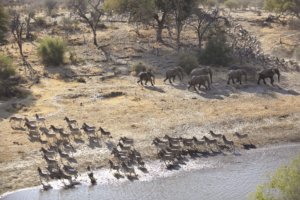
Special Offers
Our special offers are designed to help you experience everything southern Africa has to offer whilst also saving some all-important pennies. Whether you’re about to embark on a once-in-a-lifetime solo trip, or are celebrating a special occasion, have a peek at our offers and see what could be in store for you.
